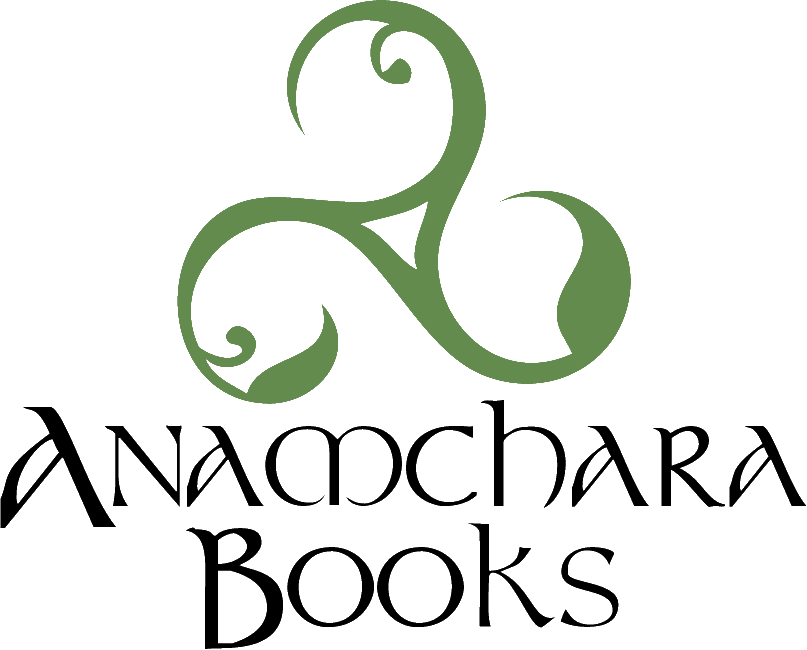The Color Blue by Ellyn Sanna
/As so often, my morning reading leads me here and there, as I chase ideas from one author to another. This morning, I ended up reading Ludwig Wittgenstein, a philosopher who in life was obsessive, fiercely impatient, and often depressed to the point of being suicidal. Three of his brothers committed suicide; his closest friend died in an airplane crash; and his life was haunted by tragedy and disappointments. About twenty years ago, I edited a biography of his life, and he's fascinated me ever since.
That doesn't mean I find his writing easy to understand, but this morning a few things jumped out at me that connect, if only indirectly, to my musings yesterday on the powers of creativity to shape meaning. Wittgenstein, however, is mostly concerned with words. (If I recall correctly, he was so obsessed with them that at one point he didn't speak for days on end, and when he did his voice was a croak that no one could understand—but at another point in his life, he talked so much that no one else could get a word in edgewise.) Anyway, Wittgenstein said, “The limits of my language means the limits of my world," implying that as we are able to expand the words we use to talk about life, we are also able to expand our perception and understanding of life—and vice versa: our perception of reality is limited by the words we have to identify it.
I recently learned something amazing to me: Until four thousand or so years ago, the color blue probably didn't exist in the human mind. Ancient languages didn't have a word for blue—not Greek, not Chinese, not Japanese, not Hebrew, not Sanskrit—and without a word for the color, they had no way to experience it. So what did they see, I wonder? A shade of green? Or gray? Or white? In fact, the whole concept of color seems to have come late to the human mind. Every language first had a word for black and white, dark and light. Then, in every language that experts have studied, the next color word to come into existence was red, the color of blood. (But why not green, I wonder, when the planet is so full of it?) Next, historically speaking, yellow appears, and later, green (though in a couple of languages, green does come first). The last color to appear in every language is blue. “Whereof one cannot speak," wrote Wittgenstein, "thereof one must be silent.”
Language then is a both a creative medium—and something that limits our ability to even perceive the reality that's out there. So what are we to do, since we are all trapped by the cage of language in which we live, if we cannot even see what we have no words for? All creative acts have their boundaries. The very medium of our expression—be it words or paint, movement or music—becomes the snare that keeps us back from full expression.
Whether we paint or dance, cook or act, tell stories to our children or write daily emails to our friends and family, if we allow ourselves to go far enough, we will always run into our limits. That tension between what we long to express and what we are unable to express will always be a part of human creativity. Wittgenstein's entire life seems to have focused on this friction between the power of words and their limitations. He experienced intense frustration—"one gets to the point," he wrote, "where one would like just to emit an inarticulate sound"—but ultimately, he says that we must strive "to find the liberating word, that is, the word that finally permits us to grasp what up to now has intangibly weighed down upon our consciousness." We must, he said, "battle against the bewitchment" that language creates, convincing us that only certain things can be said, can be thought, can be perceived.
When I teach Soul Writing classes, one of my challenges is always to convince people that the act of writing is an act of discovery. We don't wait to write until we have figured out what we want to say; we figure things out—new things that we never realized before—by writing. We can push the boundaries. Wittgenstein saw the creative act of naming as something that was both mysterious and sacred; he imagined, he said, "naming to be some remarkable mental act, as it were the baptism of an object." It was his lifelong struggle to engage in this baptism. Living in a far darker and more complicated reality than the Garden of Eve, he strove constantly to carry out Adam's task of naming the world.
As writers and readers, as creative people of all sorts, we too face this frustrating, mysterious, sacred task. Some days it's enough to make me give up and settle for the words that have already been written, the stories that have already been told, rather than trying to forge new ground. Too often that's pure escapism on my part (especially when it consists of reading an endless compulsive diet of murder mysteries). Other times, though, I get the feeling I'm scrambling up on the shoulders of someone else's creativity (Wittgenstein's this morning), where I can catch a glimpse of something that expands my own boundaries just a little further.
So there's hope for us. I grew up believing that God's creation continues endlessly in the world around us—and that it also continues through us. After all, human beings now have a word for blue.



